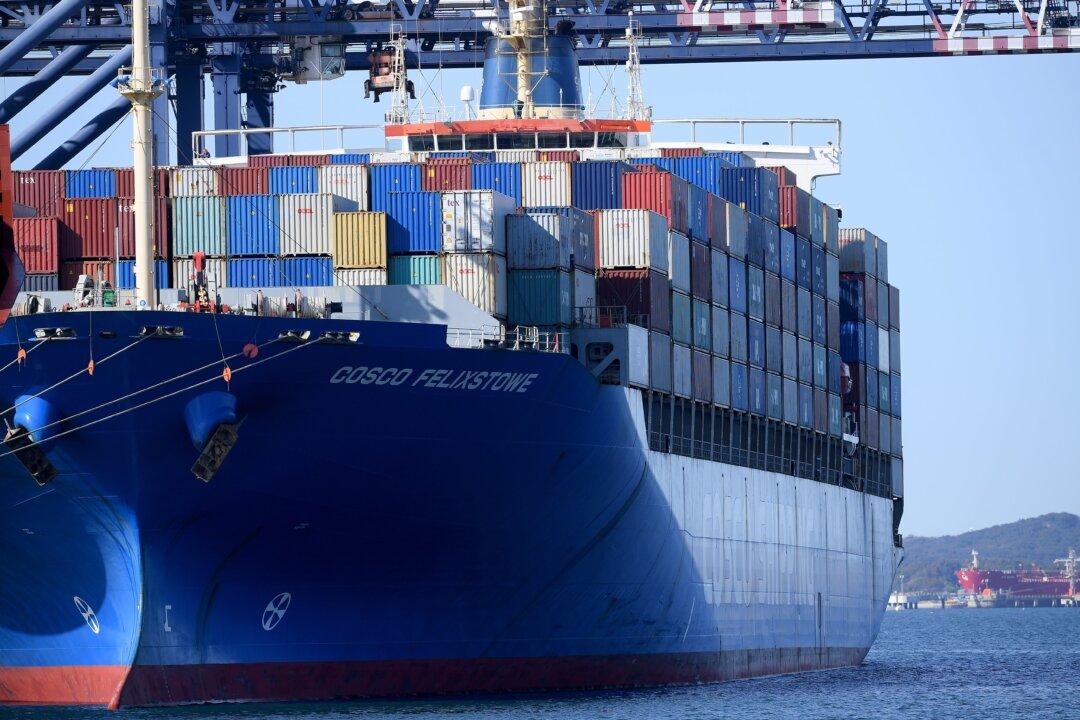The Australian consumer watchdog said the current global supply chain crisis is putting “intense pressure” on Australian exporters and importers, meaning people planning to import Christmas gifts should finalise their purchases early.
The Australian Competition and Consumer Commission’s (ACCC) Container Stevedoring Monitoring Report 2020-21 revealed that a number of Australian exporters are currently struggling to meet their contractual obligations.





